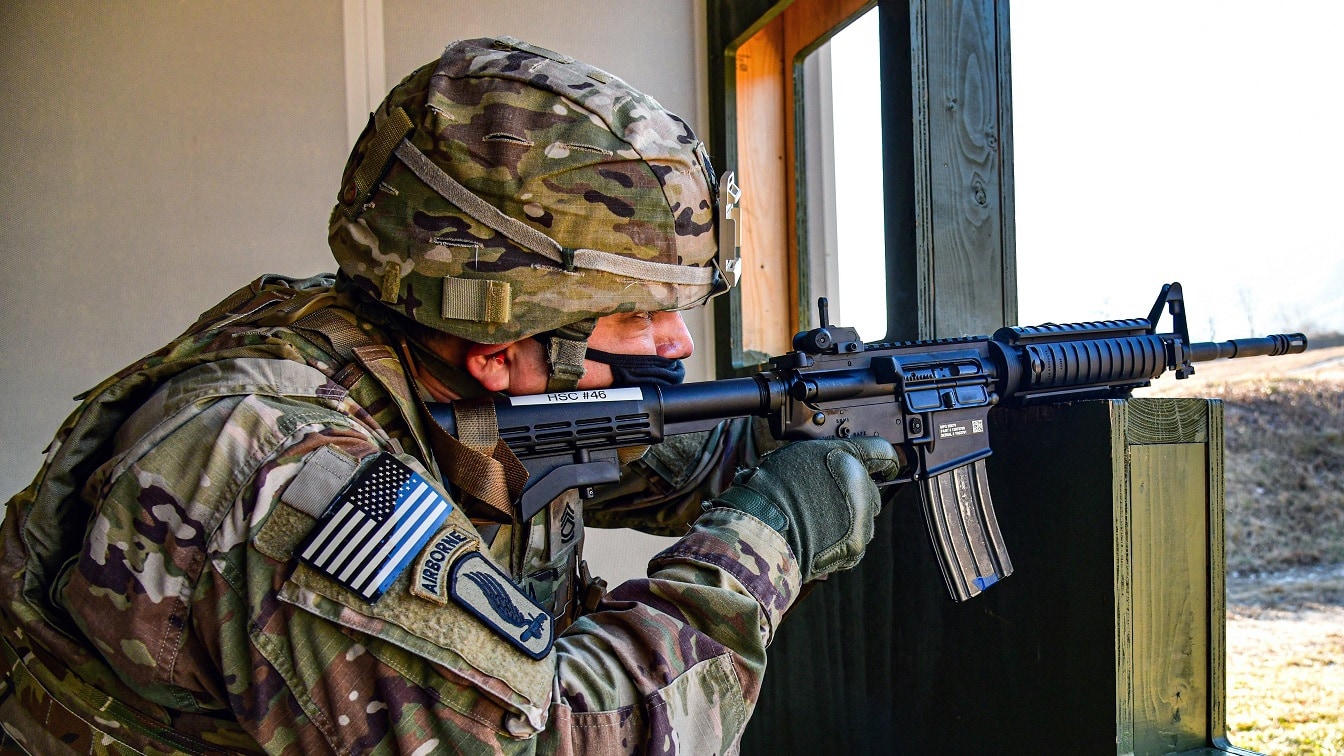Amid Pandemic Labor Shortage, the Army Increases Bonuses to $50,000: The military, specifically the US Army has seen what the job outlook is appearing to most Americans and felt like they needed to act immediately. For the first time in its history, the US Army is offering bonuses up to $50,000. Previously the ceiling for bonuses was capped at $40,000.
The Army has been struggling to meet its recruiting quota for the past few years. Back in 2018, the economy was booming and young people were enticed to higher-paying jobs available in the private sector. And then there were the disqualifying factors that made military service unavailable. In 2019, the Army’s Recruiting Command cited that 71 percent of youth do not qualify for military service because of obesity, drugs, physical and mental health problems, misconduct, and aptitude.
The Army and the military as a whole are suffering from a perceived disconnect between the troops and its citizens as the military is being staffed by soldiers, sailors, airmen, and Marines who are predominantly sons and daughters of others who served before them. The sacrifices by the veterans of the 20-year war in Afghanistan, as well as Iraq and Syria, were conducted by about 1 percent of the population.
When factored into the families who continue to serve, the cost of these wars is lost among the vast majority of American citizens. Robert Gates, who is the former U.S. Secretary of Defence Robert Gates who served under George W. Bush and the Barack Obama administration warned back in 2011 of the growing polarization between the military and the citizens.
Now with an ongoing pandemic-fueled labor shortage nationwide, where a record 4.5 million Americans quit their jobs in November, the Army decided to get proactive. But the difficulties facing recruiters are even harder now as the pandemic has caused high schools and colleges to close and conduct classes online, which are traditionally areas where the military recruits heavily.
Major General Kevin Vereen, who leads US Army Recruiting Command in its mission to fill full-time and part-time vacancies said that “We are still living the implications of 2020 and the onset of COVID when the school systems basically shut down,” in a statement to the AP. “We lost a full class of young men and women that we didn’t have contact with, face-to-face.”
But the bonuses will be tied to several factors including the Military Occupational Specialty (MOS), the length of service, and how soon they ship out to begin their training. In a release by the Army’s Recruiting Command, career-based incentives range from $1,000 up to $40,000 for select occupations the Army finds difficult to fill because of the specific qualifications required. These range from some of the most well-known Army careers, like Special Forces, to occupations like radar repairers, signal support systems specialists, and motor transport operators. And if a recruit ship out quickly, they can earn anyway between $2,000 – $9,000 in incentives. And volunteering for Airborne or Ranger School can earn even more. Successful completion of Airborne training can earn a recruit $10,000 while Ranger School and training within the Ranger Regiment can earn $20,000.
And in recognizing a critical shortage of trained linguists, the Army is offering up to $40,000 bonuses for recruits with foreign language capability in certain career paths under the Army Civilian Acquired Skills Program. Right now, the military overall is critically short on troops with Russian, Chinese, and Farsi language skills.
General Vereen said that the Army is trying to keep pace at least monetarily with the civilian sector. “We want to promote the value in serving your country, but at the same time, we’re not oblivious to the compensation piece,” he said.
“We know this generation likes to have the opportunity to make their own decisions, so now they can choose where they want to be assigned after training. We didn’t have that last year,” Vereen added. “We also have opened two-year enlistments for 84 different career fields. Many people are apprehensive about long-term commitments right now, so we think having a shorter option will help give them some time to see if the Army fits their life and goals.”
Steve Balestrieri is a 1945 National Security Columnist. He has served as a US Special Forces NCO and Warrant Officer before injuries forced his early separation. In addition to writing for 1945, he covers the NFL for PatsFans.com and his work was regularly featured in the Millbury-Sutton Chronicle and Grafton News newspapers in Massachusetts.

